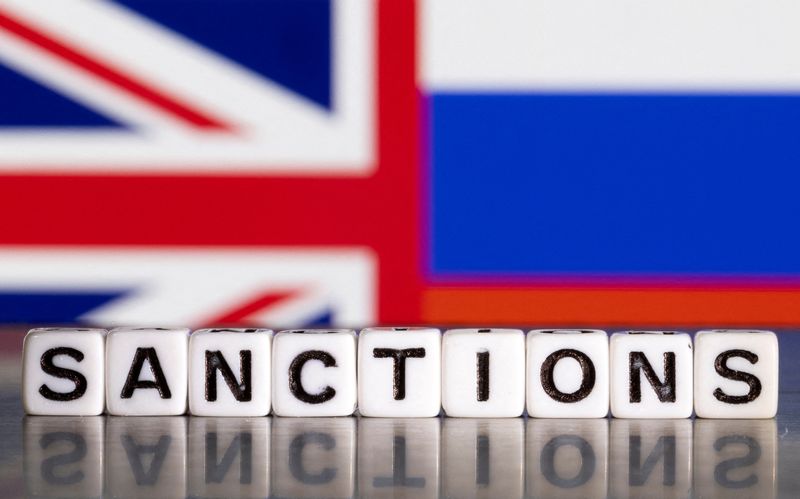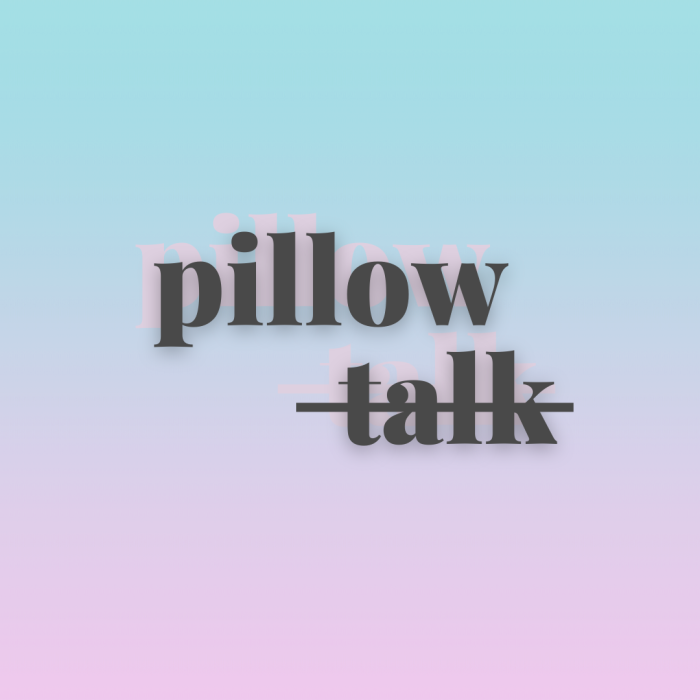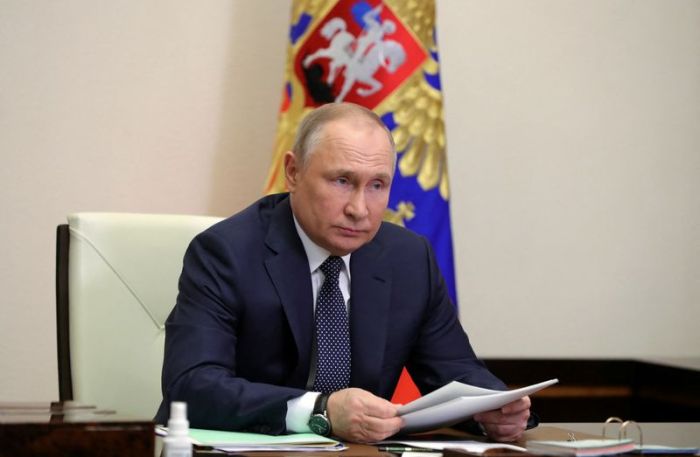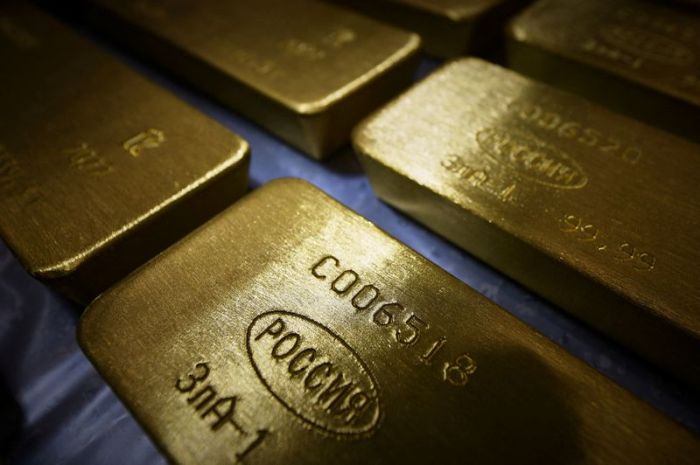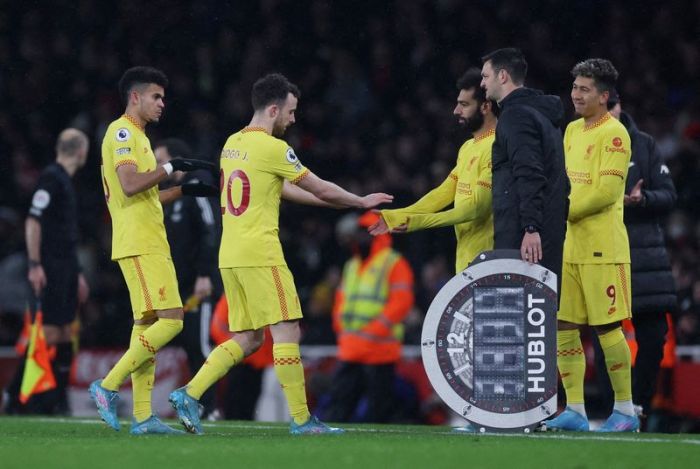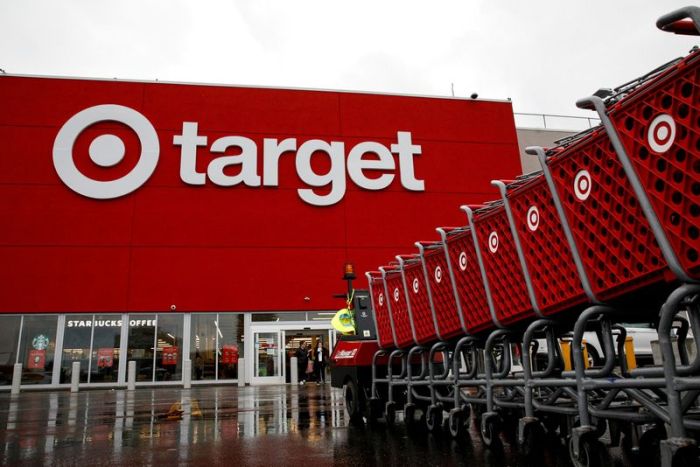LONDON (Reuters) -Britain announced sanctions on 14 more Russian entities and people on Thursday, including state media organisations behind RT and Sputnik and some senior figures, saying it was targeting those who push out President Vladimir Putin’s “fake news and narratives”.
Britain is acting in concert with its Western allies to try to cripple Russia’s economy as punishment for its invasion of Ukraine, and has already sanctioned more than 1,000 individuals and businesses.
Among those sanctioned on Thursday were RT’s managing director, Alexey Nikolov, Sergey Brilev, a prominent news anchor at the state-owned Rossiya Television and Radio network, and Sputnik Editor-in-Chief Anton Anisimov.
The government said it was also directly sanctioning state media organisations, including Kremlin funded TV-Novosti which owns RT, and Rossiya Segodnya, which controls news agency Sputnik.
“Putin’s war on Ukraine is based on a torrent of lies,” Foreign Secretary Liz Truss said in a statement.
“Britain has helped lead the world in exposing Kremlin disinformation, and this latest batch of sanctions hits the shameless propagandists who push out Putin’s fake news and narratives.”
RT said the sanctions showed the imminent end of media freedom in Britain.
“We will continue to bring the news to audiences that wish to seek it, and prevent a media echo chamber from being orchestrated by blinkered officials hell-bent on conflating anything remotely Russian with wrong,” Anna Belkina, RT’s deputy editor in chief, told Reuters.
Brilev did not respond to requests for comment.
The Russian foreign ministry did not immediately respond to Reuters requests for comment.
Russian officials say RT – which had its UK broadcasting licence revoked earlier this month – is a way for Moscow to compete with the dominance of global media companies based in the United States and Britain that Moscow says offer a partial view of the world.
Moscow calls the invasion it launched on Feb. 24 a “special military operation” aimed at demilitarising and “denazifying” its neighbour – which Ukraine and the West have dismissed as a baseless pretext for war.
Britain’s new sanctions also include seven individuals connected to Russian think tank the Strategic Culture Foundation, who were recently sanctioned by Australia for their role in spreading disinformation.
The government said it had also sanctioned Russia’s Chief of the National Defence Command and Control Centre Mikhail Mizinitsev, who it said had been “responsible for planning and executing the siege and bombardment of Mariupol” – a southern Ukrainian port city that has been bombarded for weeks.
Britain has used sanctions to target Russia’s access to the international financial system, as well as industries such as shipping and defence, and wealthy elites close to Putin.
(Reporting by William James and Guy Faulconbridge; Writing by Kylie MacLellan; Editing by Kate Holton, Frances Kerry and Alexander Smith)

